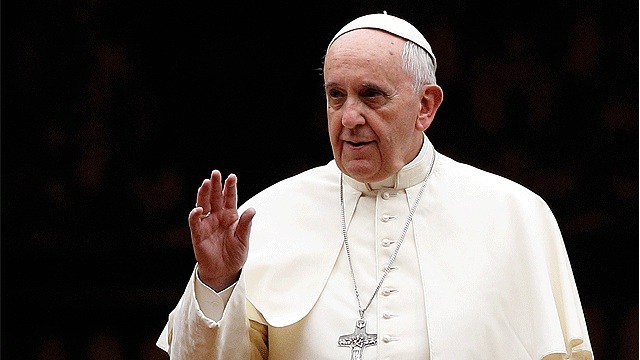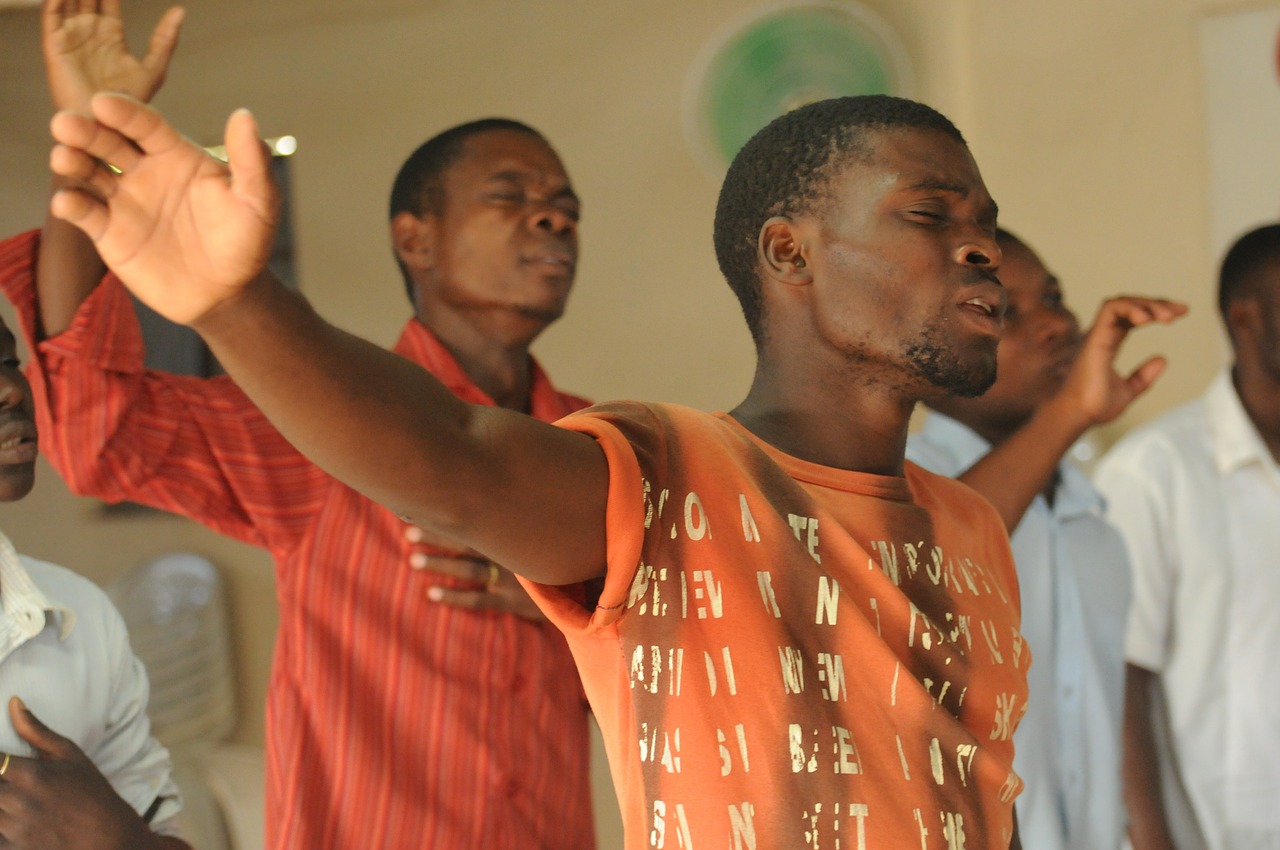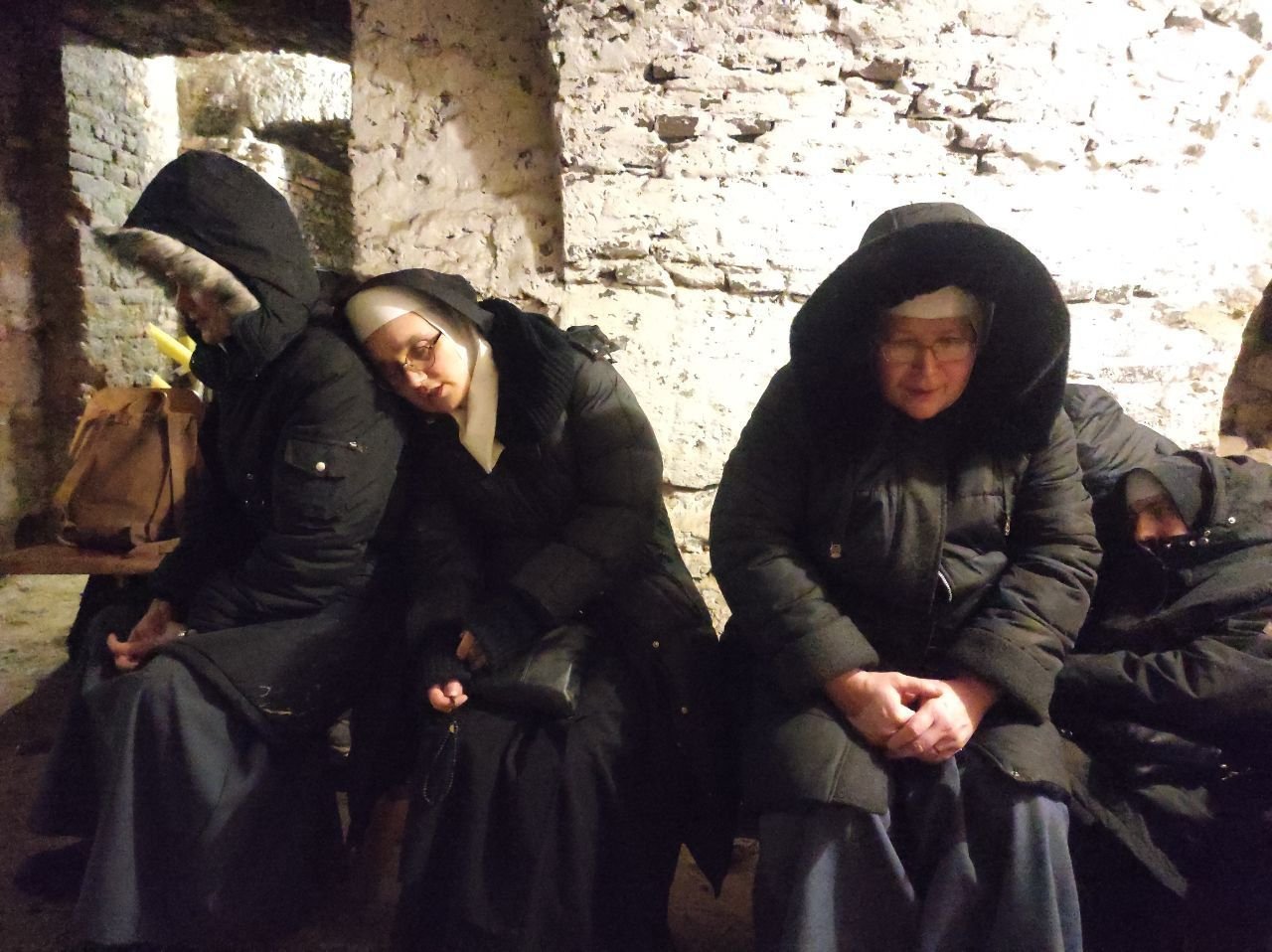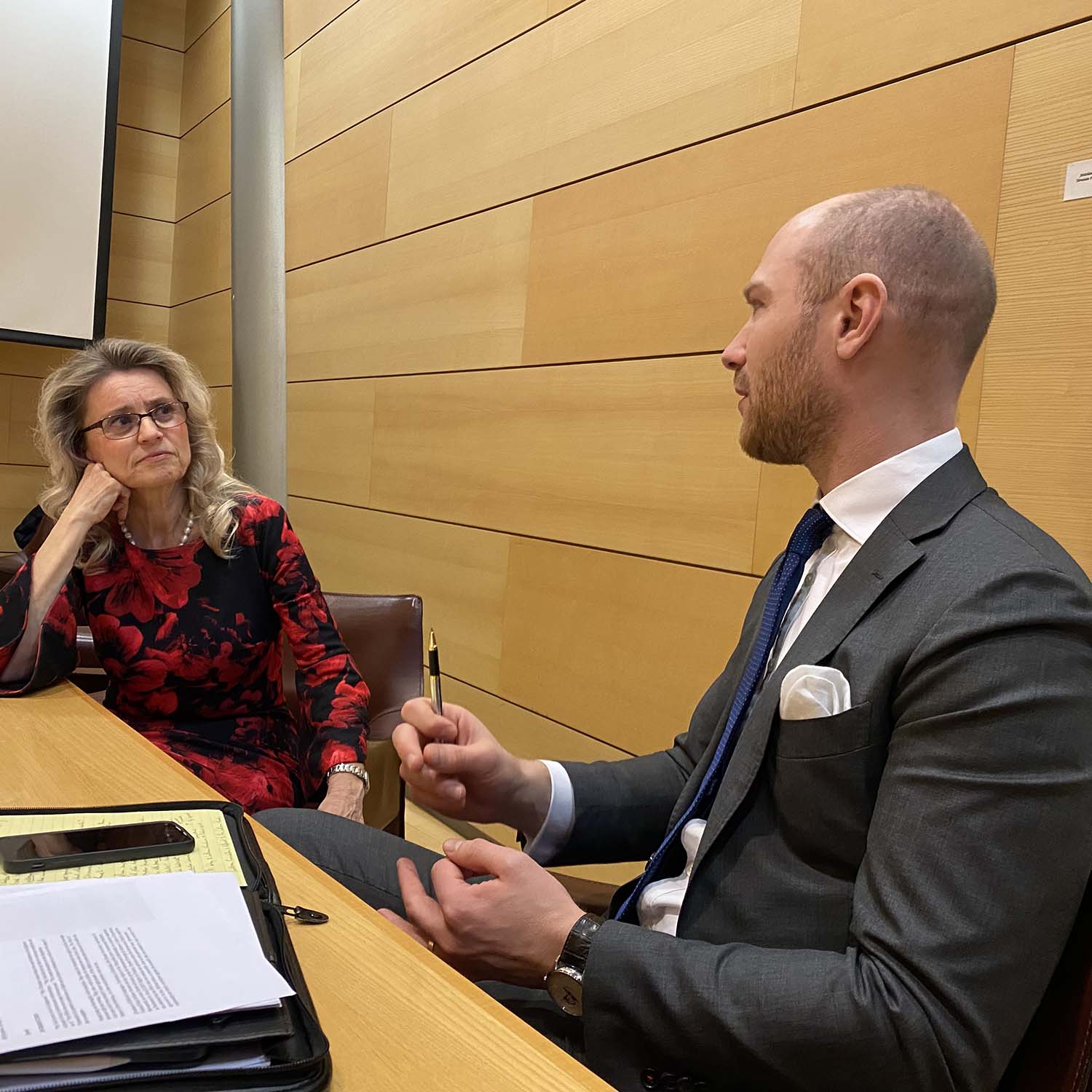A Government TD has criticised the uncertainty caused by “substantial delays” in processing applications for visas for overseas clergy and other religious workers who want to come here and work as missionaries or pastoral assistants, usually at the invitation of local churches and religious congregations. They are often needed to make up falling numbers of home-grown clergy or cater ot the growing number of Christian immigrants into Ireland.
Even they get here, they are usually limited to six years, unlike many other foreign workers.
Fianna Fáil’s Brendan Smith told The Irish Catholic that there are “substantial delays” in getting the Minister of Religion visas and said it causes hardship on the person applying.
“These are people who are needed, where bishops or missionary societies have asked them to come and help,” he said.
The Cavan-Monaghan TD also believes that there should not be a time limit of six years for people coming to Ireland to work as a minister of religion. The current legislation allows for a three-year visa, with three possible one-year extensions.
“The timeframe of six years needs to be reviewed and removed I believe,” he said. Justice Minister, Helen McEntee, is resisting this.
Deputy Smith commented: “Over the years we have seen people come from Eastern European countries and from Africa to minister in the different religions. And they have been a welcome addition for the churches.”
He added that they are not a burden to the state, they are contributing “through their different work, important pastoral work, important education work as well”.




















